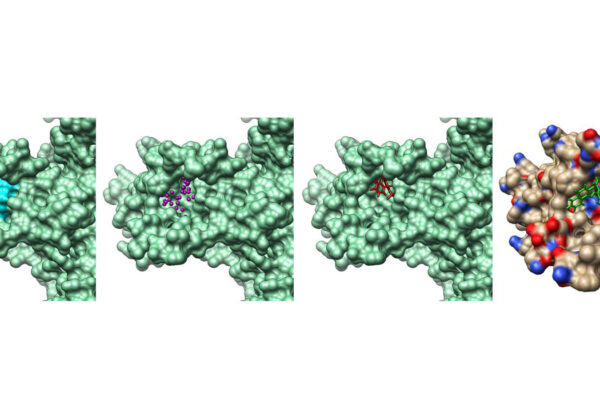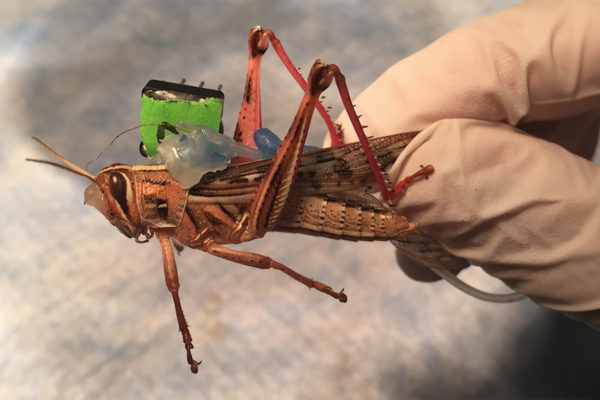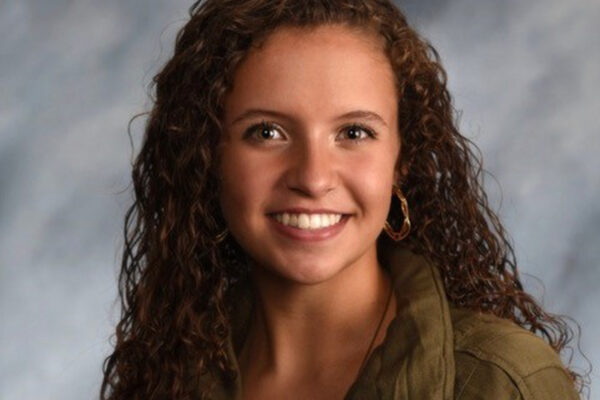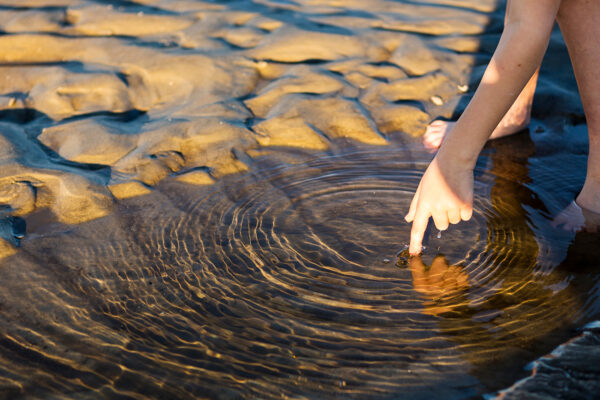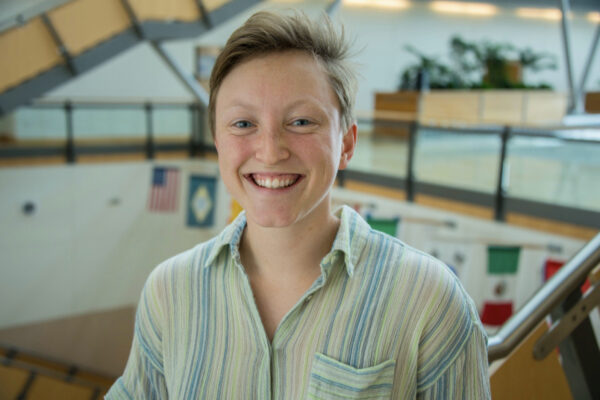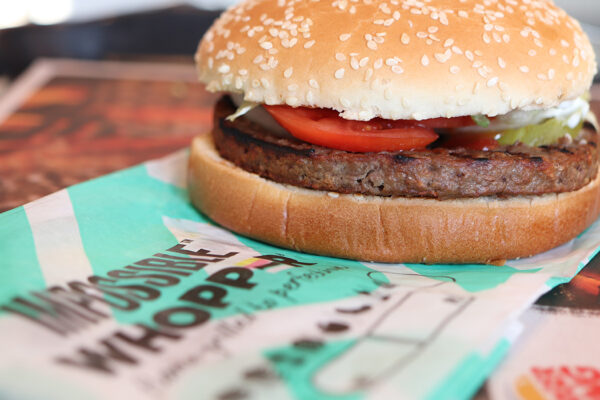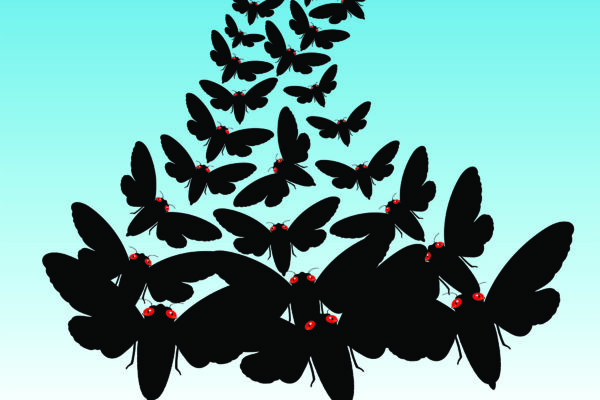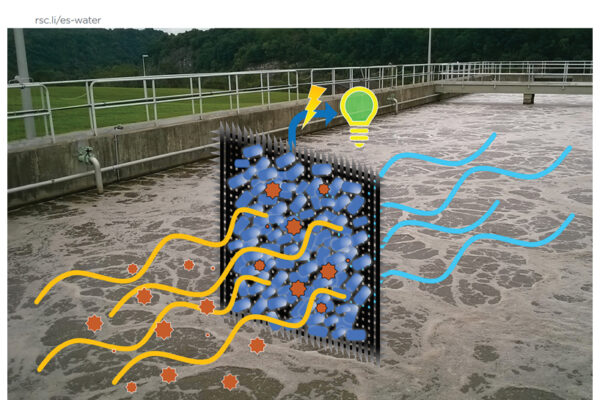Compound may prevent risk of form of arrhythmia from common medications
A team led by researchers including Jianmin Cui, professor of biomedical engineering, discovered a compound that prevents and even reverses the underlying physiological change that can lead some drugs to cause heart problems.
Grant funds research pushing limits of cyborg insects
The Office of Naval Research is funding research at the McKelvey School of Engineering to put cyborg locusts’ sense of smell to the test.
Hamlin wins 2021 Stalker Award
Irene Hamlin, a senior majoring in biology with a minor in medical humanities in Arts & Sciences, will receive this year’s Harrison D. Stalker Award, in recognition of outstanding scientific scholarship with significant contributions in the arts and humanities.
Cancer has ripple effect on distant tissues
A new study with zebrafish shows that a deadly form of skin cancer — melanoma — alters the metabolism of healthy tissues elsewhere in the body. The research led by chemist Gary Patti suggests that these other tissues could potentially be targeted to help treat cancer.
Researchers win NIH grant
Linda J. Pike and Alexander S. Holehouse, in the Department of Biochemistry and Molecular Biophysics at the School of Medicine, and Gary J. Patti, in Arts & Sciences and the School of Medicine, received a four-year grant totaling $1.45 million from the National Institute of General Medical Sciences of the National Institutes of Health (NIH).
Wilder wins 2021 Quatrano Prize
Dani Wilder, a December 2020 graduate of the biochemistry track of biology in Arts & Sciences, will receive the Ralph S. Quatrano Prize. It is awarded to the thesis showing the greatest evidence of creativity in design, research methodology or broader scientific implications.
Ludwig wins 2021 Spector Prize
Ella Ludwig, a senior majoring in biology in Arts & Sciences, will receive this year’s Spector Prize in recognition of academic excellence and outstanding undergraduate achievement in research.
Heme is not just for Impossible Burgers
New research from biologists in Arts & Sciences shows how animals and bacteria differ in the enzyme they use to attach heme to the cytochrome. The results help illuminate a promising target for new antibiotics.
Brood X cicadas emerge in a rapidly changing world
Periodical cicadas are above ground for only a handful of days every 17 years. Human-induced rapid environmental change is altering the world they will briefly encounter, according to Brett Seymoure, a postdoctoral fellow with the Living Earth Collaborative at Washington University in St. Louis.
Wastewater treatment system recovers electricity, filters water
A new system developed in the lab of Zhen (Jason) He uses bacteria to filter wastewater while creating electricity.
Older Stories
